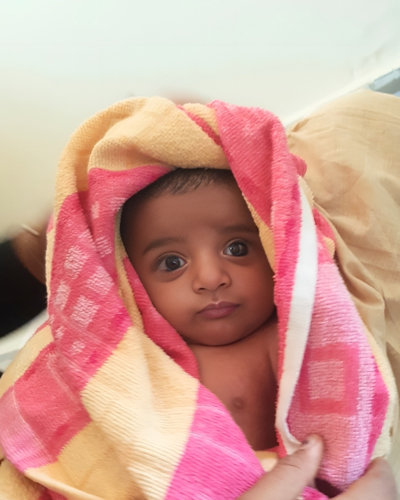Deciding the right time to send your child to daycare is a significant decision for parents. This decision often brings up questions and concerns about their child’s readiness and the benefits of early socialization and structured learning. Understanding the best age to start daycare can help ease the transition for both parents and children, ensuring a positive experience for everyone involved.
The ideal age to start daycare is when your child confidently transitions from crawling to walking independently. It’s also important that parents teach them basic communication skills, such as asking for food or indicating the need to use the potty.
Benefits of Daycare
Daycare offers numerous benefits that contribute to a child’s overall development. Enrolling children in daycare at the right age can provide them with opportunities for social interaction, cognitive growth, and emotional development.
- Social Skills: Children learn to interact with peers, share, and develop friendships. These early social interactions are crucial for building communication skills and understanding social norms.
- Cognitive Development: Daycare programs often include activities that promote learning and problem-solving skills. Exposure to different experiences and structured activities can stimulate a child’s intellectual growth.
- Emotional Growth: Being in a daycare setting helps children learn to manage their emotions, develop empathy, and gain independence. They learn to navigate various social situations and build resilience.
Best Age for Daycare
While there is no one-size-fits-all answer, many experts suggest that the best age to start daycare is between 12 and 18 months. At this age, children begin to exhibit a greater level of independence and are generally more adaptable to new environments. However, it’s important to note that some parents need to send their children to daycare much earlier due to personal or professional reasons.
At our daycare, we have welcomed babies as young as 10 days old. These infants often remain with us for months and even years, and we have observed no significant differences in their physical or cognitive development compared to children who start daycare at a later age. The early integration into a nurturing and structured environment supports their growth and development seamlessly.
1. Infants (0-12 months):
Infants can adapt well to routines and build secure attachments with caregivers. They receive personalized attention and care that supports their early developmental needs. They require a lot of individual attention, which we are happy to provide in our small family, till they make friends in regular daycare setup.

2. Toddlers (12-24 months):
Toddlers are more mobile and curious. They benefit from social interactions and structured activities. Separation anxiety can be common, but it typically diminishes as they adjust to the new environment.
3. Preschoolers (2-4 years):
Preschoolers are ready for more structured learning and can engage in more complex social interactions. They benefit significantly from the educational programs offered in daycare. Transitioning at this age can still be challenging, but they are usually more communicative about their needs and feelings.
Daycare Activities
Our daycare offers a variety of activities designed to support the holistic development of children. From creative arts and crafts to physical play and educational games, each activity is tailored to enhance different aspects of growth.
- Cognitive Activities: Puzzles, storytelling, and educational games that stimulate intellectual development.
- Physical Play: Outdoor playtime, dancing, and motor skill activities to promote physical health and coordination.
- Social Activities: Group games, cooperative projects, and circle time to encourage social interaction and teamwork.
- Emotional Support: Activities like role-playing and guided discussions help children express and manage their emotions.
Safety and Security
Ensuring the safety and security of children is our top priority. Our daycare is equipped with the latest safety measures, including secure entry systems, childproofed spaces, and regular safety drills. Our staff is trained in first aid and CPR, and we maintain a low child-to-caregiver ratio to provide attentive and personalized care. We are also fully accredited and comply with all local and national safety standards.
Conclusion
Choosing the right age to send your child to daycare depends on various factors, including your child’s temperament, your family’s needs, and the quality of the daycare. Generally, 12 to 18 months is a great time to start, as children are ready to explore and learn in a social setting. However, for families facing personal or professional challenges, starting daycare at an earlier age is also a viable and beneficial option. Daycare provides invaluable opportunities for development, making it a beneficial choice for many families.
If you’re considering daycare for your child, we invite you to visit our website or contact us for more information. Let us help you make the best choice for your child’s early education and care. Read more about our Daycare Age Programs.
